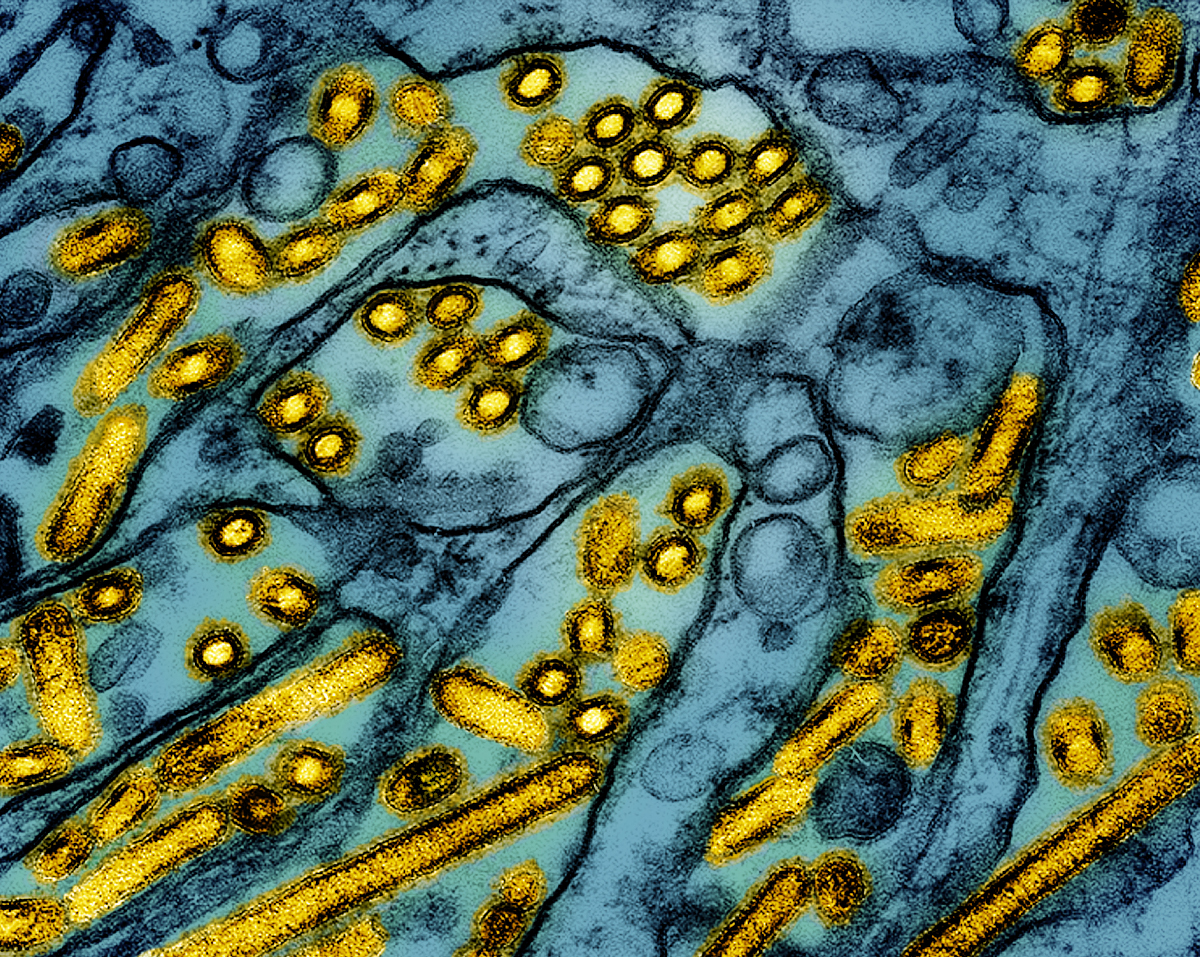Former British prime minister Boris Johnson oversaw a “toxic,” “chaotic” and dithering response to the COVID-19 pandemic, with a delay in locking the country down resulting in about 23,000 more deaths, a report by a public inquiry concluded on Thursday.
Britain recorded more than 230,000 deaths from COVID, a similar death rate to the United States and Italy but higher than elsewhere in western Europe, and it is still recovering from the economic consequences.
An inquiry, which Johnson ordered in May 2021, delivered a blistering assessment of his government’s response to the pandemic, criticizing his indecisive leadership, lambasting his Downing Street office for breaking their own rules and castigating his top adviser, Dominic Cummings.

